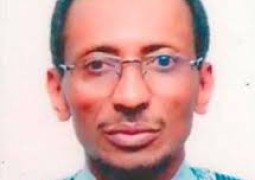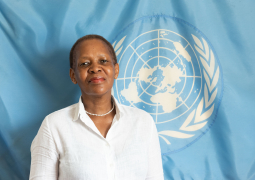Trafficking of Gambian women, some of whom are called girls, have been going on for years despite international calls by human rights organizations for it to end.
The recent challenges faced by our women in Lebanon are the same situation encountered by our women in the Gulf countries. The agents for this scheme are right under our nose in the country. They continue to shamelessly engage in the practice because they realize that there are no strong enforcement laws and moral commitments by the authorities to arrest the situation. They know when the girls are returned home as a result of their suffering, that will be the end of the story. The practice has been viewed as individual choices to venture out of the country in search of economic benefits, sometimes with the consent of parents. The troubles these girls face in Lebanon and in other Gulf countries have been well documented. The news we have been hearing over the years involves the slavery and abuse of the women by their landlords.
Government after Government, the plight of these women has been well known. The question is how many times should we expect Government interventions and private organizations to be in the centre of rescuing the girls in the event things go very badly for them in their respective countries where they serve as domestic servants? What should be done to end this nasty affair in the best interest of both the women and the nation? The security agents at the entry and exit points of our country must strictly and honestly scrutinize the travel plans of girls suspected of being smuggled out. Where there is an agent involved in the trafficking the full weight of the law must be sanctioned without fear, favour and monetary inducement.
In the event of the girls’ return to The Gambia as a result of bad experiences and inhumane treatment abroad, the Government should conduct contact tracing to determine who was involved in their predicament and take severe actions against the culprits, as well as provide compensation to the victims. A new surveillance radar system on human trafficking should be set up by Government and manned by strong security outfit comprising of the Anti-Crime Unit and Military Police due to their intelligence training. A Government that cannot work out lasting solutions to this burning national issue concerning illegal trafficking of women will be failing in its agenda to empower the women. Of course, the parents of the women trafficked by agents should bear some responsibility under any enforcement laws thereto.
The international community should put in place sanctions against countries involved in the enslavement and abuse of women trafficked to their countries and cut some of the aid to countries allowing it to happen under their watch. Otherwise, all the international conventions and treaties on human trafficking and human rights violations would continue to gather dust and be taken for granted.
“A river cuts through rock not because of its power but its persistence.” Government must therefore continue to be persistent to cut off this unacceptable and inhumane treatment of Gambian women as domestic slaves in countries whose people will never allow their daughters to come and work for Africans as domestic servants. Empowerment of women does not only mean giving them positions in Government. It means the totality of the well-being of the women.





